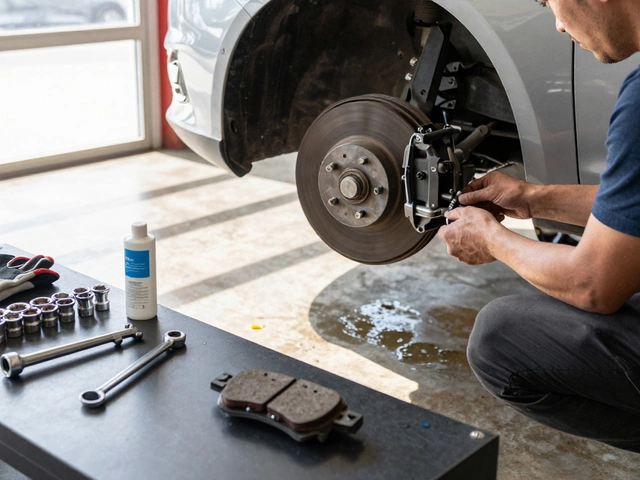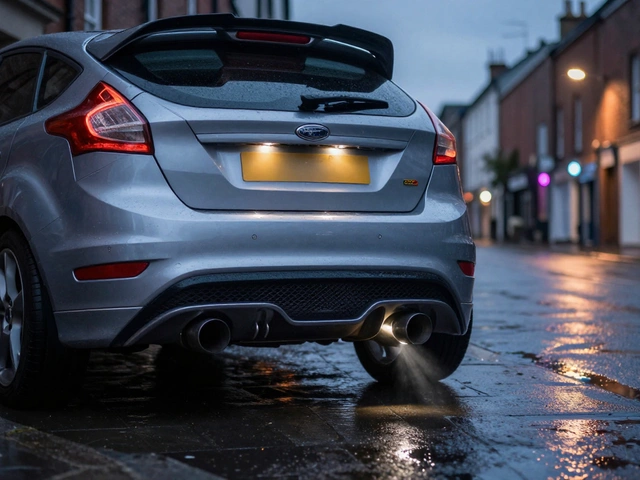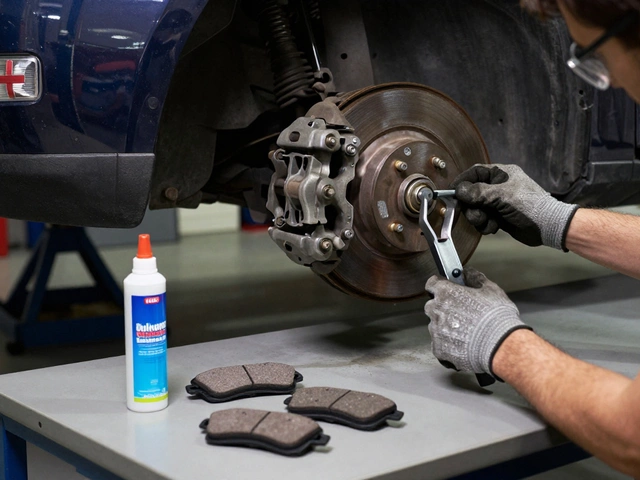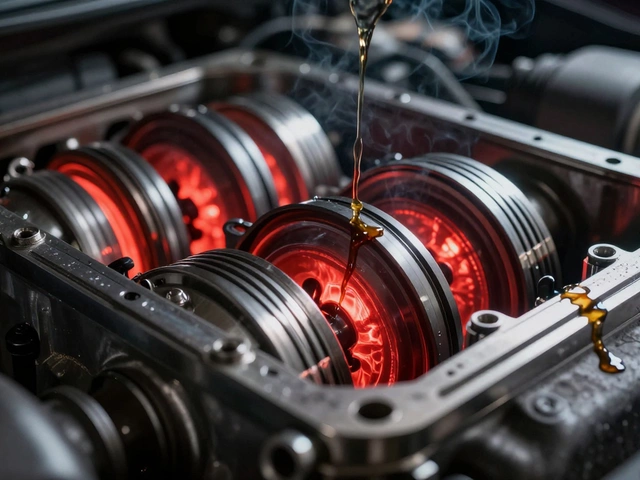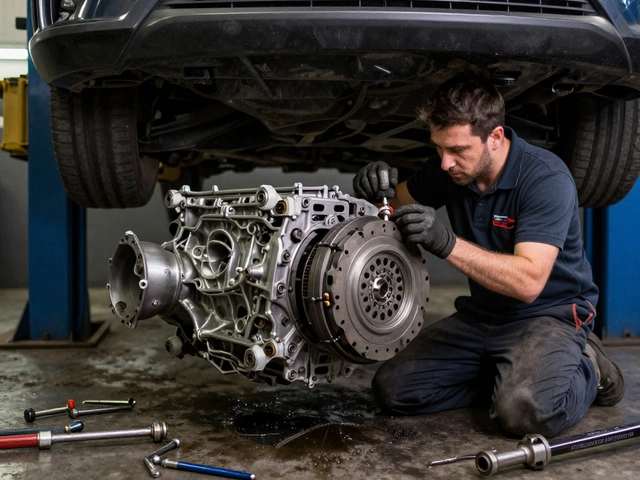Ignition System Problems? Signs, Causes, and Fixes You Need to Know
When your car won’t start and the engine just clicks or turns over weakly, the problem often lies in the ignition system, the component group that creates the spark to ignite fuel in the engine cylinders. Also known as the spark ignition system, it’s not just about the key turning—it’s a chain of parts working together to get your engine running. If any piece fails—whether it’s the spark plugs, ignition coil, or wiring—you’re left stranded. Many drivers assume it’s the battery, but a healthy battery can’t fix a dead ignition system.
The spark plugs, small but critical components that fire the fuel-air mixture in each cylinder wear out over time. Most last 30,000 to 100,000 miles, but if they’re fouled, cracked, or covered in carbon, your engine misfires, sputters, or won’t start at all. Then there’s the ignition coil, the part that transforms low voltage from the battery into the high-voltage spark the plugs need. A failing coil might work when cold but die as it heats up, leaving you stuck after a short drive. These aren’t rare failures—half the cars brought in for no-start issues have ignition-related causes.
It’s easy to confuse ignition problems with fuel system issues. A bad fuel pump can make your car act like it has no spark, but if the spark plugs are dry when you pull them out, you’re likely dealing with a fuel delivery problem. If they’re wet or oily, the ignition system is the culprit. You don’t need a diagnostic tool to check the basics: listen for the fuel pump hum when you turn the key, look for cracked wires, and check if the spark plugs are in decent shape. Many of these checks are simple enough for a DIYer, but if you’re unsure, it’s better to get it right the first time.
Ignition system failures don’t always come with warning lights. Sometimes, you’ll just notice your car hesitates on startup, or the engine runs rough at idle. That’s not normal wear—it’s a sign something’s about to quit. And if you’ve been putting off replacing old spark plugs because "it still runs," you’re risking more damage. Misfires from weak sparks can ruin your catalytic converter, hurt fuel economy, and even cause engine damage over time.
Below, you’ll find real-world guides from drivers and mechanics who’ve dealt with these exact issues. From how to test spark plugs with a multimeter, to why a bad ignition coil can mimic a fuel pump failure, to what to do when your car won’t start but the battery’s fine—these posts cut through the noise and give you clear steps to diagnose and fix the problem yourself. No guesswork. No fluff. Just what actually works.

